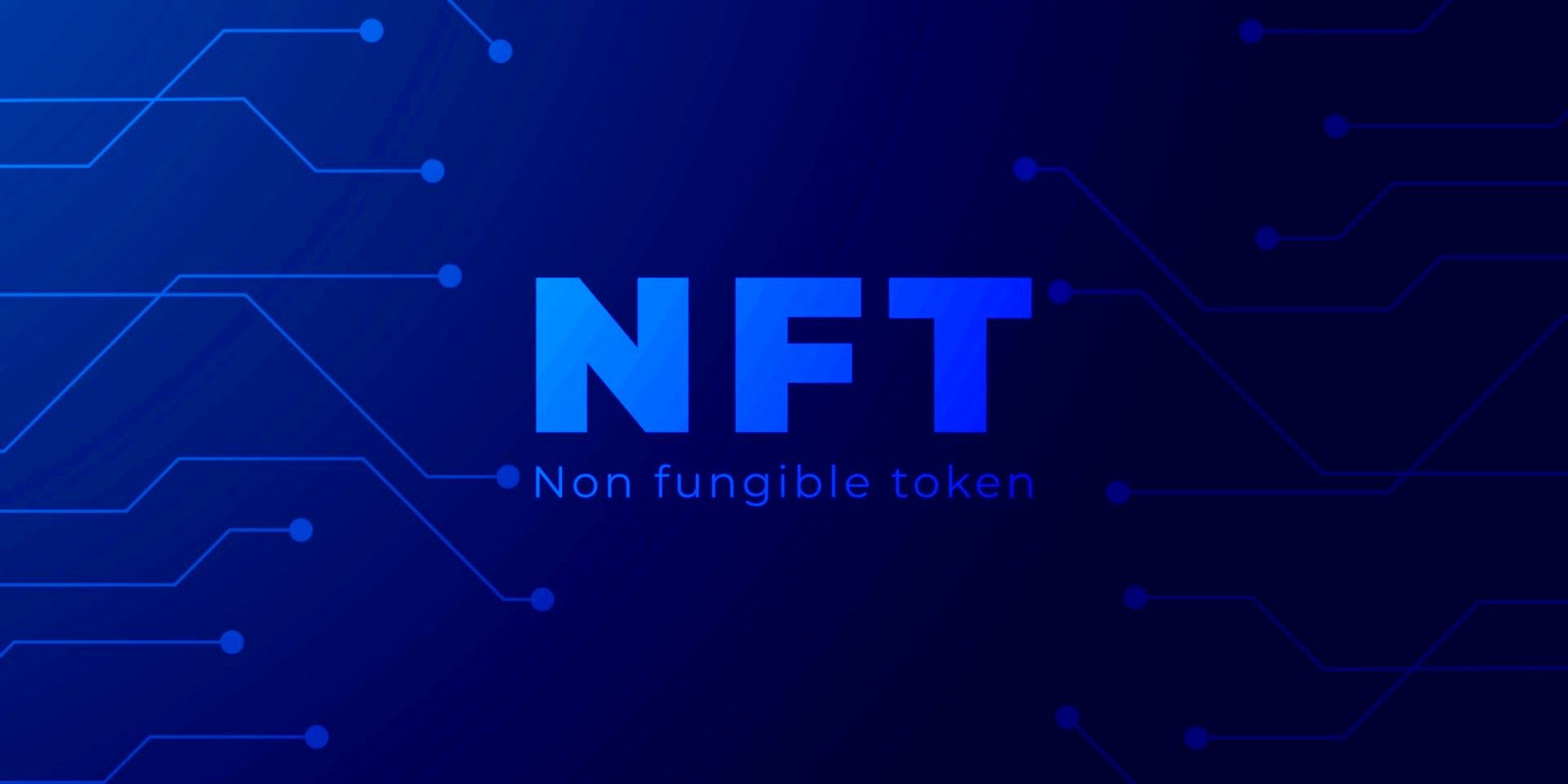Cryptocurrency enthusiasts are painfully aware of the SEC’s behavior regarding lawsuits brought against crypto projects without warning, but the agency has not gone after anyone NFT projects yet. There is nothing to prevent an NFT project from creating blockchain tokens that replicate the functionality of financial securities. Most NFTs sold meet the SEC’s definition of a financial security, but they have somehow avoided multimillion-dollar lawsuits from the regulatory agency.
NFTs began as digital collectibles whose scarcity was guaranteed by the blockchain, and which (supposedly) act as ownership titles over the content they contain. However, NFTs are incredibly simple at the code level, and can easily be modified and combined with other Internet technologies to create far more sophisticated products than just expensive JPEGs. For example, NFTs have been created as redeemable tokens for professional services, and popular decentralized exchange Uniswap uses NFTs to represent the deposits of its liquidity providers, just to name two alternative uses. NFTs are openly tradable with other users by default thanks to their transfer functionality, but this functionality can be removed or limited during development to create utility tokens, such as NFTs that track counterfeit products.
To date, no NFT projects have been sued by the SEC, despite the latter’s series of lawsuits against several cryptocurrency projects over the years. In accordance Coingap, SEC regulators are divided on the issue, which is why enforcement action hasn’t been taken yet. SEC Commissioner Hester Peirce claims that regulators have kept developers and investors in the dark about securities laws, exposing NFT and DAO projects to enforcement actions without warning or guidance. At a time when many blockchain companies, decentralized projects and politicians are demanding regulatory clarity from the SEC and CFTC, both agencies are choosing to remain silent.
Do NFTs fit the definition of a security?
In accordance Investopediathe landmark trial of 1946″Howey vs. SEC” determines whether an asset is a security by analyzing its distribution and the investor’s expectations accordinglyHowey test.‘ Under the test, an asset classified as a security must involve an investment of money in a “joint undertaking” (such as a business or development project) where the investors expect to make a profit on the investment as a result of the actions of a third party or a promoter. This definition is so broad that it can apply to almost anything in blockchain, such as NFTs that issue royalty payments and dividends to their holders.
But where NFTs differ from cryptocurrencies is that they provide some form of product to their buyers, and many have utility or value-added benefits that can be seen as a product produced and sold by a company as part of a business strategy, rather than an investment contract. On the other hand, there also exist many metaverse and Web3 game projects that sell NFT assets to raise money to develop their worlds/games before the NFTs themselves have any real use, and this type of fundraising activity blurs the line between a investing in a regular business versus buying a product before it is released.
It is currently unknown whether the SEC will begin prosecuting NFT projects, but it is highly likely that it will eventually. Projects that offer fractional NFTs (F-NFTs) to the public may be the first to be affected, as they create a link between non-fungible and fungible tokens and often act as investments in a more valuable income-bearing asset (ie. property). However, the internal policy of the SEC indicates that regulators are divided on NFTs at this time, which is why they have not (yet) brought any enforcement actions against NFT projects.
Source: Coingape, Investopedia



